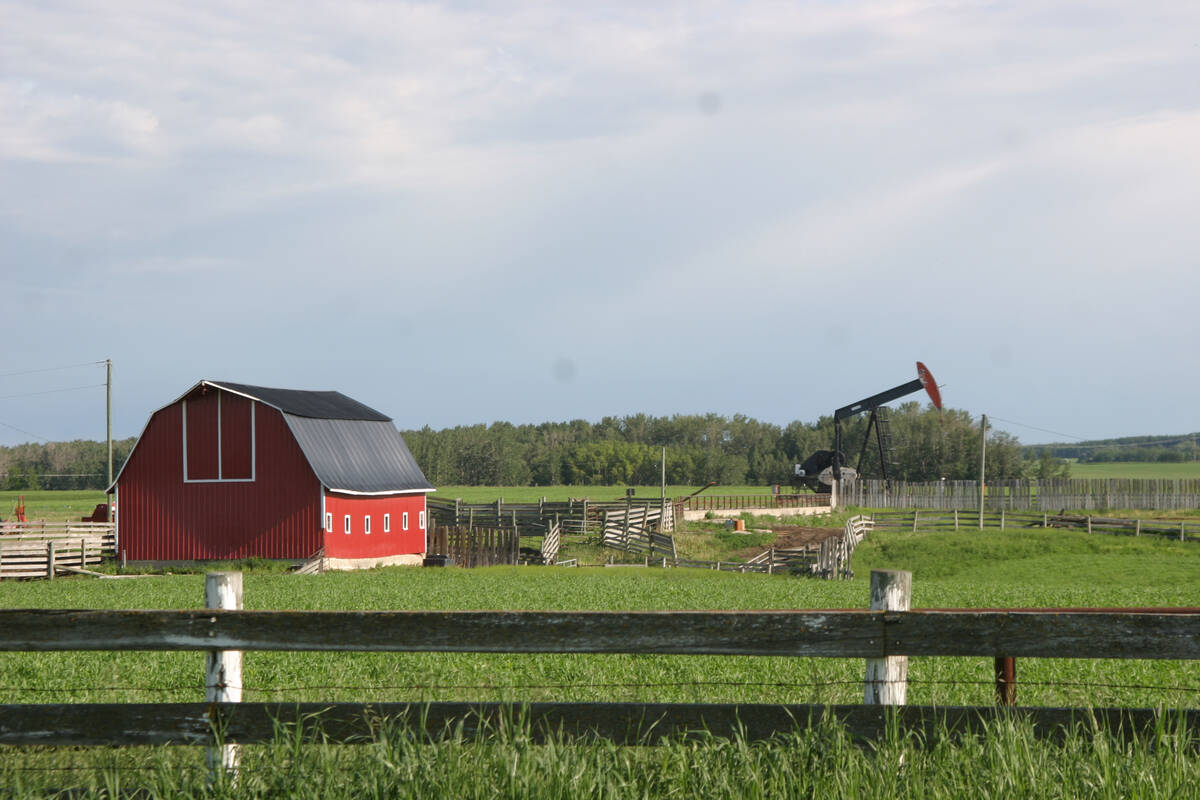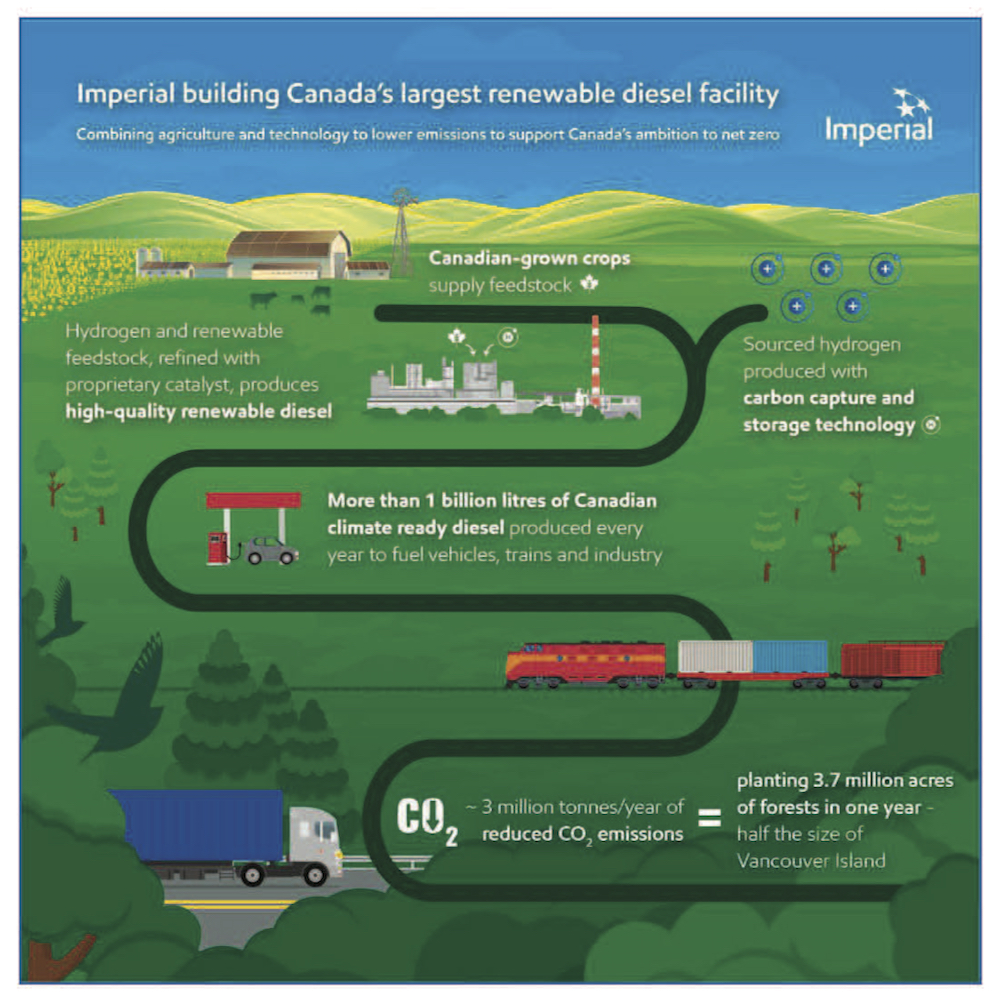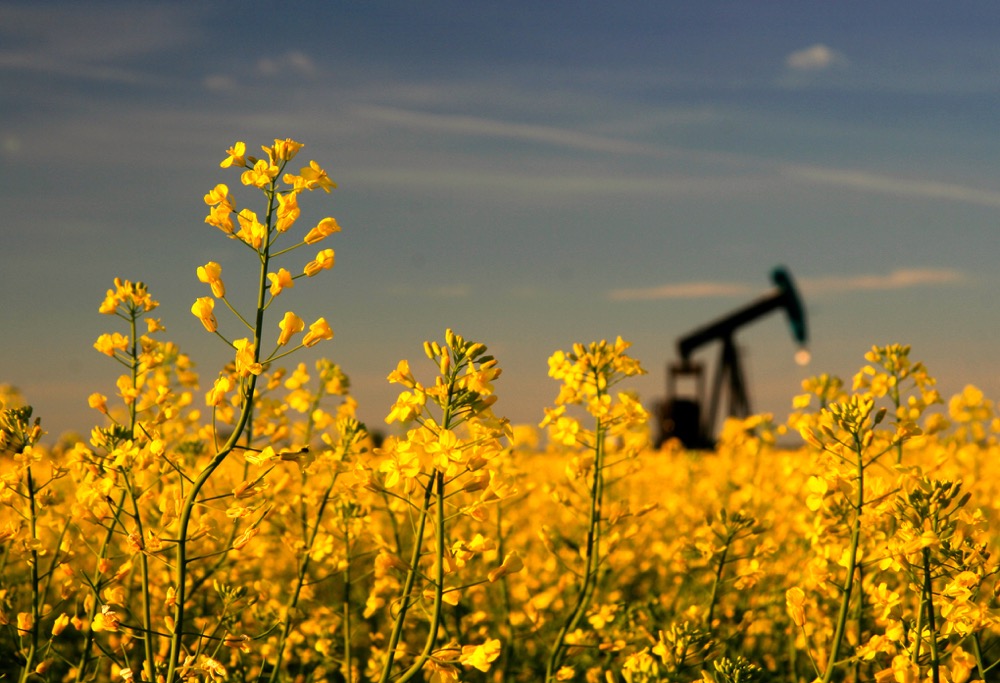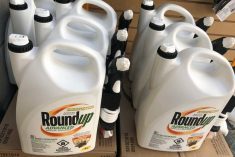Farmers are closer to having a major new canola market — large-scale biofuel production — following the release of federal Clean Fuel Regulations intended to reduce greenhouse gas emissions.
The regulations indicate prairie growers have finally made the cut after years of negotiations between canola industry representatives and government. Canola is now fully accepted as sustainable and compliant with federal land use and biodiversity standards.
“We do see the regulations holding quite a bit of potential for new demand for renewable fuels, and ideally, and we think optimistically, renewable fuels derived from low carbon feedstock like canola,” said Chris Vervaet, executive director of the Canadian Oilseed Processors Association. “So, we really do view the Clean Fuel Regulations as an opportunity to increase demand for canola and increase processing in our own back yard.”
Read Also

Recommendations in the mature assets strategy could cause potential problems for landholders
The Western Stock Growers’ Association urges producers to pay attention to the potential changes to Alberta’s Mature Assets Strategy.
Two major renewable diesel refineries are in the works, one by Federated Co-operatives in Regina and the other near Edmonton, where Imperial Oil is building a 20,000-barrel-a-day facility next to its Strathcona oil refinery. It’s estimated 23 per cent of canola production will be used for biofuels by 2030.
Renewable diesel can also be made from used cooking oil, rendered animal fats and inedible corn oil. It is a clean-burning fuel that is chemically identical to regular diesel and can lower greenhouse gas emissions by 80 per cent, says Diamond Green Diesel, North America’s largest provider of renewable diesel. Approximately $2 billion worth of expanded canola processing capacity has been announced in Canada since 2021.
However, there were concerns about the methods Ottawa would use to calculate the “green” levels of a fuel source, as well as the possibility that canola would require audits or certification.

“Canola organizations actually worked quite extensively with the federal government on this regulation to really limit the burden,” said Vervaet.
“We still need to comb through all the details. It does appear there are some clear options that will limit the regulatory burden for farmers so when it comes to taking advantage of this additional market and those higher prices, there is not a lot more required of the farmer.”
The regulations acknowledge farmers’ stewardship efforts such as no-till and minimal till, which contribute to canola’s lower carbon footprint. But Vervaet said he is unsure how the new regulations will be implemented.
“The regulations are not expected to immediately bear fruit when they are implemented in July of next year,” said Vervaet. “It’s going to be a gradual and incremental impact as it relates to demand for biofuels and feedstocks like canola that get used in biofuels.”
The regulations underpin the Clean Fuel Standard and that standard will lead to additional market and delivery options for farmers. In turn, that will support prices, said Vervaet.
“We’ve seen the crush community and those companies in the crush business make announcements as well on expanded canola processing in Saskatchewan,” he said. “It’s already starting to happen, but again it’s going to take a few years for that demand signal to be recognized through the regulation and for some of these new facilities to come online.”

The Clean Fuel Standard will encourage development of clean fuels and technologies, says the federal government. The goal is to significantly reduce pollution by gradually reducing carbon intensity — the amount of pollution generated per litre — of gasoline and diesel by about 15 per cent by 2030.
“The Clean Fuel Regulations will deliver up to 26 million tonnes of greenhouse gas emissions reductions in 2030,” the government says on its website. “This is equal to removing about two weeks of greenhouse gas emissions from the Canadian economy. The Clean Fuel Regulations will increase demand for low carbon intensity fuels, including those derived from canola and other agricultural crops.”
Alberta’s current Renewable Fuels Standard requires a minimum annual average of five per cent renewable alcohol in gasoline and two per cent renewable diesel in diesel. To meet the Renewable Fuels Standard, renewable fuels must demonstrate at least 25 per cent fewer greenhouse gas emissions than the equivalent petroleum fuel.
The regulations are unlikely to revolutionize farming in Canada but new markets are good for growers, said Taber-area producer Jason Saunders, adding he expects most canola will still be grown for food.
“I assume people will grow canola in their rotation as they do now,” he said. “This is just another market to go through. I think this will maybe adjust that more canola is crushed domestically in Canada, which is good for our economy and good for employment to do more of the crushing at home. Then the meal stays here for feed instead of everything being shipped overseas.”















